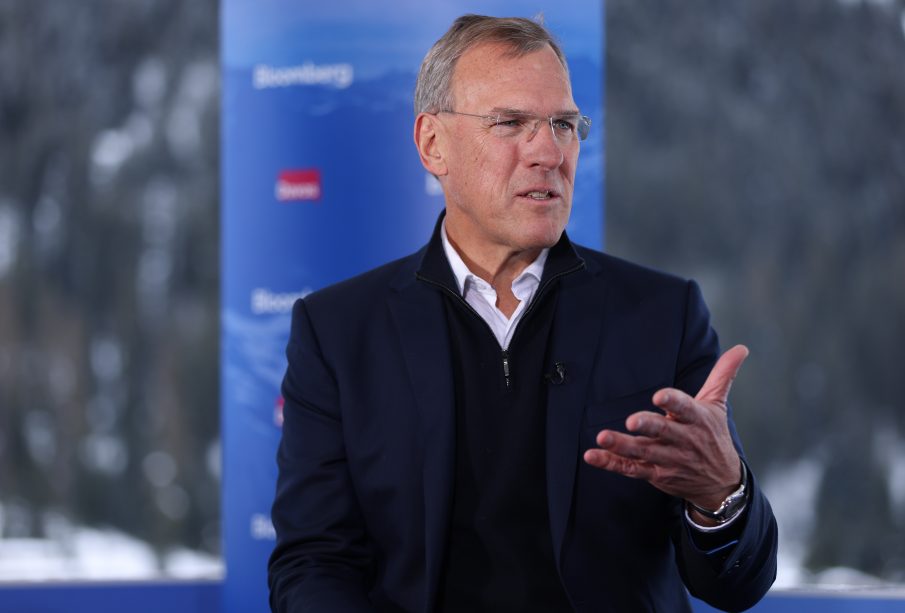Richard Gnodde: A Pivotal Figure in Investment Banking

Introduction
Richard Gnodde, the CEO of Goldman Sachs International, plays a crucial role in the evolution of investment banking. With over three decades of experience at Goldman Sachs, Gnodde has been instrumental in navigating the challenges and opportunities in the financial sector. Understanding his leadership style and strategic direction offers valuable insights into the future of investment banking, especially in the context of a rapidly changing global economy.
Career Overview
Richard Gnodde began his career at Goldman Sachs in 1990 in the equity division and quickly rose through the ranks. His leadership was pivotal during the 2008 financial crisis, where he was integral to the firm’s recovery efforts. Gnodde has overseen significant expansions for Goldman Sachs in Europe and Asia, evidencing his capability to manage complex market dynamics.
Recent Developments
In recent months, Gnodde has been at the forefront of several key initiatives aimed at strengthening Goldman Sachs’ market position. The firm’s strategy has focused on diversifying its offerings beyond traditional investment banking and wealth management, including technology integration in trading and customer communications. The firm reported a 10% increase in net revenues in its wealth management segment, attributing this growth partly to Gnodde’s vision for adaptive strategy in response to market demands.
Impact of Leadership
Gnodde’s emphasis on collaboration and innovation has significantly shaped Goldman Sachs’ workplace culture. Under his leadership, the firm has fostered a more inclusive environment, which is crucial for attracting top talent in an increasingly competitive financial landscape. His advocacy for gender diversity at senior levels has also positioned Goldman Sachs as a leader in transforming the male-dominated finance sector.
Conclusion
Richard Gnodde’s influence in investment banking and at Goldman Sachs International cannot be overstated. As he continues to steer the firm through industry complexities, his strategic decisions will likely shape the banking landscape for years to come. For stakeholders and observers, understanding Gnodde’s approach will be essential, as it may signify broader trends in the financial markets and corporate governance.








